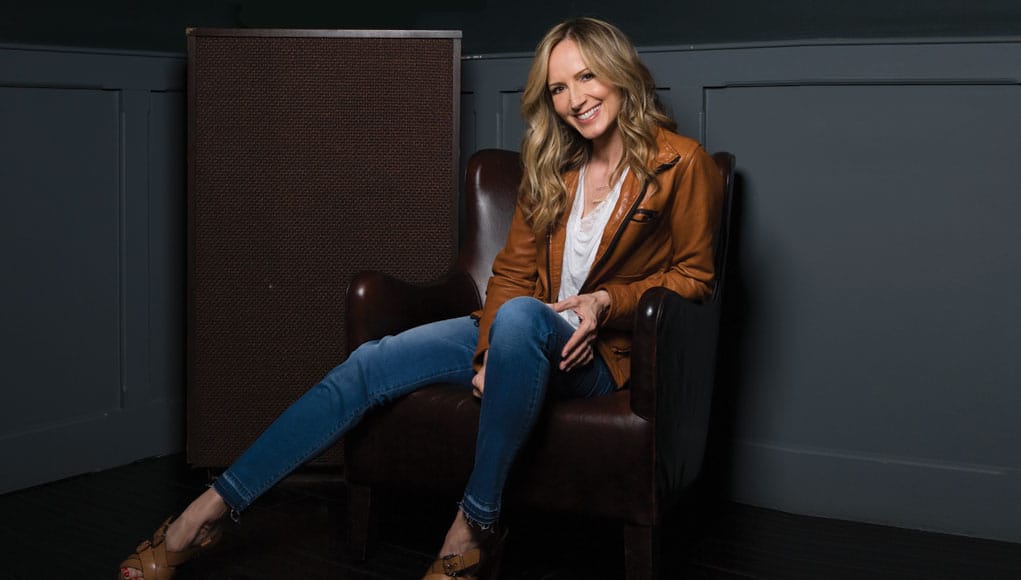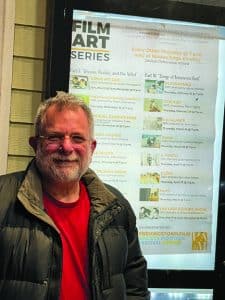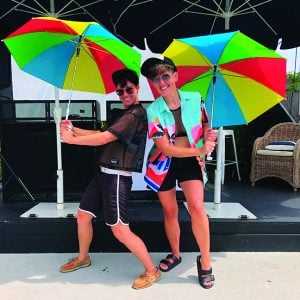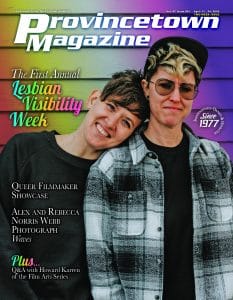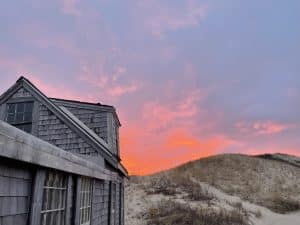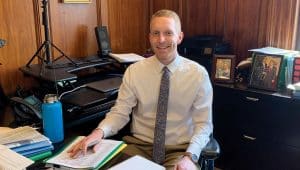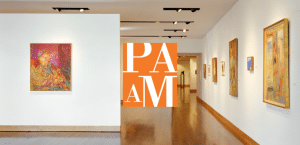by Steve Desroches
For a country singer, performing in the Grand Ole Opry is always a special occasion. It’s perhaps the single biggest force in presenting country music to the world. Since the radio show began in 1925 in Nashville, the Grand Ole Opry is now the longest running radio broadcast in American history and has made the Tennessee city a musical force with a global reach. So when Chely Wright took to the stage this past August, 30 years after making her debut there when she was only 18, it was, as always, like stepping on “hallowed ground.”
She’d performed there many times over her career. However, this time all of who she is was on the stage. This time, when she performed her hit 1999 song “Single White Female,” the one that made her a country music superstar, she adjusted the original lyrics and instead sang “a single white female, looking for a girl like you.” She received a thunderous ovation after her performance.
Nashville is changing.
Wright made big news in 2010 when she came out as a lesbian in her autobiography Like Me, becoming one of the first big country music stars to do so in what is considered to be the very conservative country music industry. Nashville’s music establishment had invited Wright in back in 1988, when she made her first Grand Ole Opry appearance, which was followed by many more over the next 20 years that followed. The Academy of Country Music named her the Top New Female Vocalist of 1995, and two years later she had her first hit with “Shut Up and Drive.” She was a bona fide country star selling millions of albums worldwide.
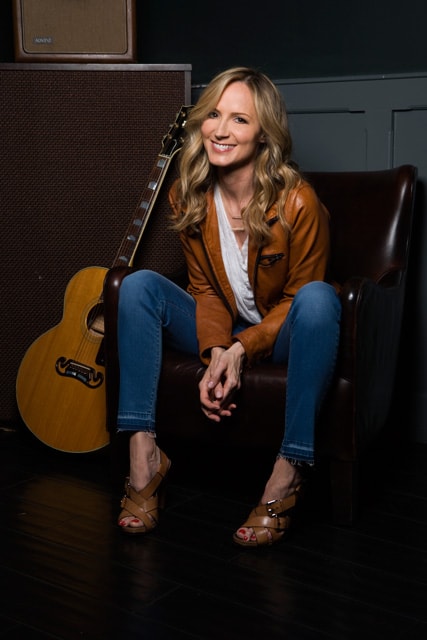
Though she achieved happiness and peace of mind by coming out, her career took a hit. Immediately after, her record sales were cut in half. She received hate mail and death threats. Gigs became fewer and farther between. It would be almost 10 years before she would receive another invitation to sing at the Grand Ole Opry. But she is once again on a rising trajectory, both personally and professionally. The call to perform again in Nashville came to her while she was doing dishes in the New York City home that she shares with her wife Lauren Blitzer and their two sons. Performing there is always like the “Super Bowl” or “the World Series.” It’s the very essence of country music. It felt good to be going home. And how lovingly she was embraced that night had her in tears.
“The industry itself is pretty liberal,” says Wright. “It’s all really smart, progressive people. The alternate reality of that is to whom it sells records to. We know how conservative parts of the country can be. It’s when the marketing people come in and they look at how to frame an artist. That leans conservative. They themselves may not have a problem with LGBTQ people in country music, but without a doubt it cannot match up to the culture they’re trying to sell the music to. But country has changed. There’s been progress. I’m proud to be a part of it.”
Country music is in Wright’s DNA. Her family’s home in tiny Wellsville, Kansas, was full of country music albums: Connie Smith, Buck Owens, Jimmie Rogers, Loretta Lynn. Her mother would play DJ and fill the house with music. Wright’s earliest memories are a house filled with country music. When she heard the steel guitar intro to Hank Williams’ “I’m So Lonesome I Could Cry” Wright says her body had a “molecular” response, changing her forever. She knew at age four she wanted to be a country singer.
At that same age she went missing from home, wandering away, frightening her parents, who formed a search party. They found her singing “Frankie and Johnny” at the local nursing home.
Wright had her first paid gig at nine singing in her hometown’s downtown park, earning $30. Her dreams of stardom soon followed. To date she’s released eight studio albums and five EPs, including the recently released Revival. And now she’s kicking off a tour to promote the record starting this Columbus Day weekend in Boston and Northampton, before making her Provincetown debut this Friday at Fishermen Hall. For Wright, it feels so good to be back in the recording studio and on the road, as she is particularly proud of Revival.
“You don’t want to make the same record twice,” says Wright. “My mindset is to always be the least talented person in the room. A rising tide lifts all boats. It pushes you; it pushes everyone, to be their best, to work hard. It breaks muscle memory. It reignites your creativity.”
Coming out introduced Wright’s music, and, at times, country music in general, to legions of new fans, as she acted as an ambassador to many who ignored the genre in part because of the presumed homophobia within the industry. While her career may have initially suffered throughout the past decade, she’s been a vocal LGBT activist, telling her story on The Oprah Winfrey Show, in newspaper and magazines from the New York Times to People, and in the 2011 documentary about her coming out, Wish Me Away, which won multiple awards at film festivals around the country. She also founded the Like Me Organization, which works to prevent LGBT bullying and teen suicide. And since coming out, Wright has been a catalyst for change in Nashville. There are still many country musicians in the closet, says Wright, but hopefully that, too, will change soon. Wright even sees a silver lining in the hate mail she still gets from time to time, saying that in order for them to write something they had to think about LGBT people, which means there is an opportunity for them to think differently one day.
“I’ve heard from a lot of prominent people for a lot of different reasons,” says Wright. “Some didn’t come out and some left the business. When it’s as important as love, when it’s an issue of who we are, well something’s got to give. At some point you have to say, ‘I’m going to live my life.’ You can’t spend your life hiding and trying to make everyone else happy. Sometimes you need to say, ‘Screw my career. I need to be happy.’”
Chely Wright performs, along with opening act Magen Tracy, at Fishermen Hall, 12 Winslow St., Provincetown, Friday, October 11 at 8 p.m. Tickets ($35-$50) are available online at waydowntownptown.com. For more information call 508.487.8800.

